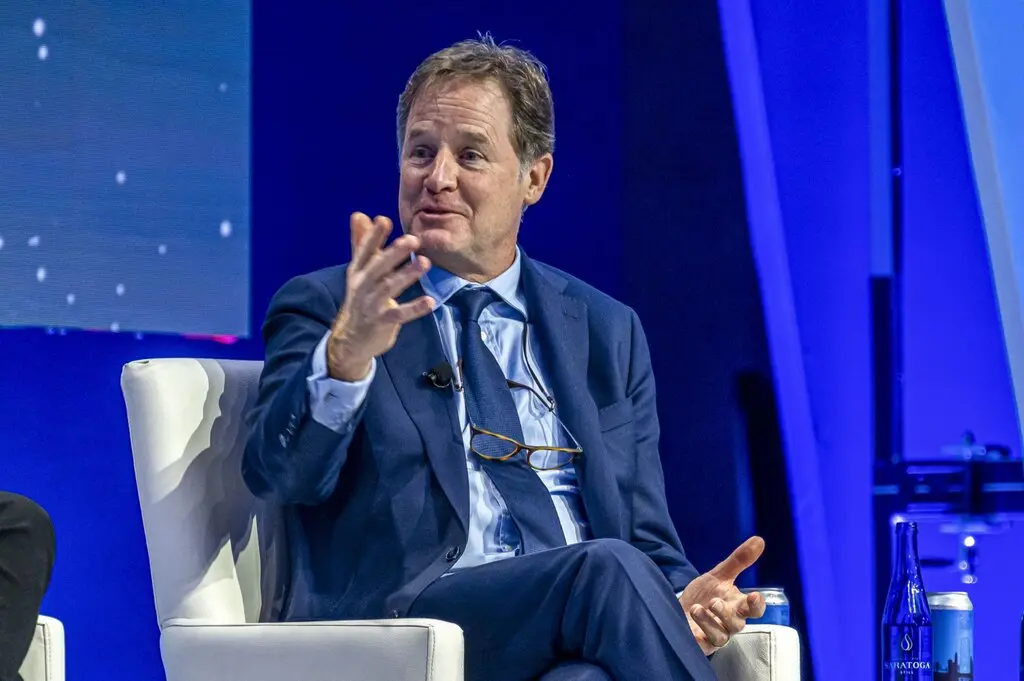Last month, at the World Economic Forum in Davos, Switzerland, Nick Clegg, president of global affairs at Meta, emphasized the pressing need for the tech industry to address the emerging challenge of detecting artificially generated content, considering it as the most urgent task.
On Tuesday, Mr. Clegg unveiled a proposed solution. Meta announced its intention to advocate for technological standards that companies across the industry could adopt to identify markers in photo, video, and audio materials, indicating that the content was created using artificial intelligence.
These proposed standards aim to enable social media platforms to promptly recognize AI-generated content posted on their platforms and apply appropriate labels. If embraced widely, these standards could help in identifying AI-generated content from various companies like Google, OpenAI, Microsoft, Adobe, Midjourney, and others offering tools for easy creation of artificial posts.
“While this solution may not be perfect, we did not want to let perfection hinder progress,” said Mr. Clegg in an interview. He expressed hopes that this initiative would galvanize companies across the industry to adopt standards for detecting and signaling AI-generated content, thereby simplifying the recognition process for all.
As the United States approaches a presidential election year, there is growing concern among industry observers about the widespread use of AI tools to disseminate fake content and misinform voters. Over the past year, AI has been employed to create and circulate fake videos of President Biden, raising concerns about the potential impact on elections.
In response to these challenges, Senators Brian Schatz and John Kennedy proposed legislation last October, advocating for disclosure and labeling of artificially generated content and encouraging collaboration to establish or adopt standards akin to those proposed by Meta.
Meta, encompassing Facebook, Instagram, WhatsApp, and Messenger, holds a unique position as a developer of technology aiming to promote broad consumer adoption of AI tools, while simultaneously being the largest social network capable of distributing AI-generated content. Mr. Clegg highlighted that Meta’s stance provides valuable insight into both the creation and distribution aspects of the issue.
Meta’s focus is on specific technological specifications, including the IPTC and C2PA standards, which enable the incorporation of authenticity information into the metadata of digital media content. These standards, already widely used in the news industry and by photographers, offer a promising framework for addressing the challenge of AI-generated content.
In collaboration with various companies and organizations, Meta aims to encourage the adoption of these standards, emphasizing their importance, particularly in the context of the upcoming presidential election. Mr. Clegg stressed that waiting for all the pieces of the puzzle to fall into place before taking action would not be justified, underscoring the urgency of addressing the issue.

